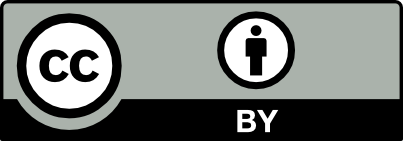Proficiencies Evaluation System in Higher Education -SERES
DOI:
https://doi.org/10.18046/syt.v2i4.940Keywords:
Knowledge engineering, knowledge management, higher education assessment, assessment systems, certification, accreditation, system engineeringAbstract
The proficiencies evaluation system in Higher Education -SERES- allows: a) The knowledge, being and making integral sufficiency assessment of the student during each stage in the Engineering Professional Formation; and, b) The systemic and systematic knowledge management that can be applied in the teaching, research and extension processes.
The SERES is a research product that is testing phase and it has been developed by the Innovation and Development Center for Software Engineering Research -CIDLIS- in the «Knowledge and Quality Management Model in Higher Education» Project - MGCES- in the E3T of the Santander Industrial University. This system nests three sub-systems: The organizational model, the functional model Sistema de Evaluación de Proficiencias en Educación Superior –SERES and the neuronal model. SERES is part of the neuronal model.
The SERES is structured for integral working in the diverse courses of an engineering program, being these basic or advanced courses, under the formal requirement of practices structured activities, formative research and pursuit and control, sustained in a quality plan based in: the disciplined personal and team work, the selfevaluation, the co-evaluation, the evaluation and the hetero-evaluation.
The competences assessment in SERES, is a logical deduction from the professional profile (knowledge), the occupational profile (competitions to make) and the cultural profile (personal, citizen and engineer values) modeling. This model spreads in content guides, knowledge evaluation and knowledge management in each course of the formation program. Starting from these guides, it’s defined the contents about knowledge, making and being, available, next, for teachers, in the development of their educational practices. As closing to this learning process, it settles down, the teaching products assessment, and, the actions and competences of the students. This quantitative and qualitative assessment pattern is the main instrument of SERES which sustain the quality standard execution evidences, the learning objectives and the achievement of the student’s competitions.
Downloads
Published
Issue
Section
License
This journal is licensed under the terms of the CC BY 4.0 licence (https://creativecommons.org/licenses/by/4.0/legalcode).


